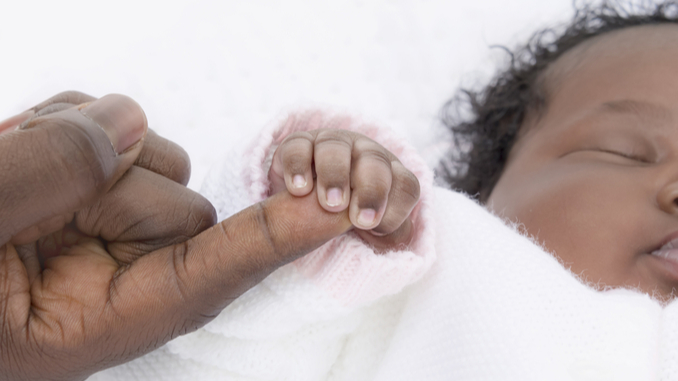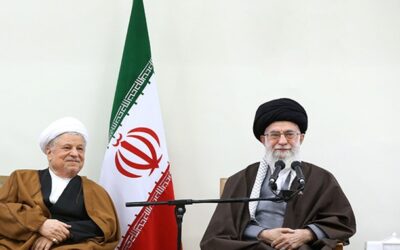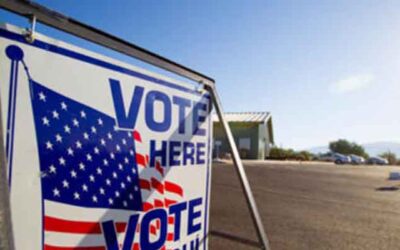By Matthew Holloway |
Arizona GOP leaders are in court defending three abortion restrictions they say protect women and deter coercion after Attorney General Kris Mayes declined to defend the state laws. The Plaintiffs, supported by the Center for Reproductive Rights, argue that the statutes defy the 2024 constitutional amendment legalizing abortion up to fetal viability.
The lawsuit, Isaacson v. Arizona, was filed in May 2025 by Phoenix obstetrician-gynecologist Dr. Paul Isaacson, a Proposition 139 supporter. Isaacson was joined by Dr. William Richardson and the Arizona Medical Association in the lawsuit, which challenges:
- A “reason ban” barring abortions based solely on fetal abnormalities (non-lethal or otherwise), gender, or race.
- A “two-visit requirement” requiring a second clinic visit and 24-hour delay after viewing an ultrasound.
- A telehealth ban prohibiting diagnosis, prescription, or mailing of abortion medication via phone or video.
Isaacson dropped a related federal case in April 2025 to advance this state challenge and was joined by the Arizona Medical Association and two other OB-GYNs.
Senate President Warren Petersen and House Speaker Steve Montenegro intervened to defend the laws, represented by attorney Emily Gould of Holtzman Vogel, after AG Kris Mayes declined to defend them, according to KJZZ. In June 2023, Governor Hobbs signed an executive order centralizing abortion-related prosecutions in the Attorney General’s office, a move Mayes said underscores their shared commitment to “fight … to protect the rights of Arizonans to make their own private medical decisions without interference.”
The case is before Judge Greg Como in Maricopa County Superior Court, who denied a motion for dismissal from Petersen and Montenegro, and ordered a three-day evidentiary hearing to explore the laws’ impact on abortion in Arizona.
Defendants’ witness, Phoenix OB-GYN Dr. Steven Nelson—who manages miscarriage care but has not performed abortions—backed the telehealth ban, stressing in-person exams detect coercion via nonverbal cues like facial expressions in trafficking scenarios. Gould, representing Petersen and Montenegro, cited American College of Obstetricians and Gynecologists data and argued that at least 10% of abortion patients later report coercion. Nelson urged limiting telehealth to emergencies, as it “prohibits all of this,” and said he would provide such services only in the most dire cases.
Plaintiffs’ Wednesday witnesses—including Isaacson and experts from the Center for Reproductive Rights and ACLU—argued the laws burden low-income and rural patients with over two-hour drives and confidentiality risks in abusive settings. They argued that pre-abortion ultrasounds are unnecessary for early dating with reliable menstrual tracking. Experts clashed on the 24-hour delay’s health value, with one testifying that it undermines women’s autonomy and timely care.
Isaacson claimed the restrictions “create unnecessary barriers to essential reproductive health care,” echoing concerns from the Arizona Medical Association about access for vulnerable groups.
On ultrasounds, Nelson countered these arguments and described them as “essential to dating” pregnancies, estimating 60% of patients misjudge gestational age due to implantation bleeding. He noted ultrasounds pinpoint asymptomatic ectopic pregnancies, often undetected until seven weeks, requiring specific interventions. Nelson suggested local physicians could handle initial visits to ease rural travel burdens.
On day two of the hearing on Thursday, Judge Como indicated he may treat the record as sufficient for a permanent injunction, with closing arguments pending, according to Courthouse News. The hearing was set to continue on Friday, but as of Monday, no additional information was publicly available regarding the case.
Matthew Holloway is a senior reporter for AZ Free News. Follow him on X for his latest stories, or email tips to Matthew@azfreenews.com.








